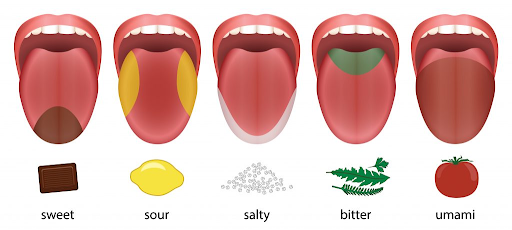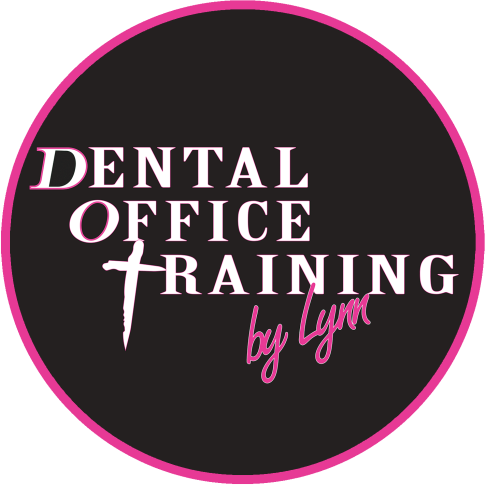
Is Tongue Health Discussed in your Dental Office?
Did you know the average tongue is 4 inches long?
Did you know the average tongue is 4 inches long? Your tongue allows you to speak in a dialect and chew. Imagine if we didn’t have tongues! How difficult life would be. Pronunciation, tact and exclamation would be near impossible. Your lips, teeth and tongue enable you to articulate our beautiful English language – the tongue being the most important of the three. Another obvious element of the tongue is taste. It allows us to enjoy all of the yummy goodies we consume on a daily basis.
Let’s talk about taste buds. The average person has anywhere from 2,000 – 10,000 taste buds on their tongue at any given moment. Each one of those individual taste buds hold 50 – 150 receptor cells on each! How incredible! According to Colgate.com, “The tip of the tongue is the most sensitive part of your body, offering two benefits. First, it gives your tongue a “magnifying effect,” making things feel larger than they are, helping you notice any unwanted items in your food, like a fishbone, a piece of dirt, or a hair. After you swallow food, your tongue is better able to search the entire mouth for the remaining portions of the chewed pieces.” Our tongue lets us taste, experience and enjoy the food and drinks we consume. Sweet, sour, salty, bitter, savory make up our taste receptor cells. Our world would be so different if we didn’t have taste buds. Food and culture around the world is influenced by our taste buds. Good oral health ensures that you are experiencing one of the most powerful senses to its fullest potential. The tongue is considered a digestive organ because it aids in mastication (chewing).
Does your dental office educate you about tongue health?
The tongue stimulates our salivary glands to produce saliva. If our mouths didn’t have saliva we wouldn’t be able to swallow food or water. Can you imagine if your mouth was dry all the time? We wouldn’t be able to eat and would have constant halitosis (bad breath). Have you ever woken up in the morning with an extremely dry mouth? This happens because although you continue to swallow while sleeping, less saliva is produced because you’re not talking. People who snore generally experience dry mouth more often.
Your dental office should discuss oral hygiene and how to maintain it. It’s important to brush your tongue as well as your teeth and gums. Oftentimes people overlook brushing the tongue – you may notice the back of your toothbrush which has a ribbed surface that is made for getting debris and excess plaque off. Try gently brushing in a circular motion to remove excess bacteria and rinsing with water afterwards. Your dental assistant or dental hygienist may provide you with a tongue scraper at the end of your appointment
One of the main reasons halitosis happens is because there is not enough saliva in our mouth. This can be caused by dehydration or even sickness. Saliva is so important! WIthout a healthy saliva pH your chances for tooth decay increase dramatically. Without saliva, there is no way to wash aways debris and decay that stick to your teeth from food and drinks. Improper saliva production makes it extremely difficult for us to prevent cavities.
Halitosis and dry mouth can be remedied by certain types of mouthwash and hydration.
Are you considering becoming a dental assistant?
If you are considering becoming a dental assistant, you will become familiar with how strong and flexible tongues can be! It is a constant battle to retract and block the tongue so we can perform procedures to restore normal tooth function.
Want to learn more about oral hygiene and dental anatomy? Give us a call! Maybe Dental Assisting is the career choice for you.
Questions about our program? Give us a call at 317.585.9015
If you’d like to enroll in our program give us a call at 317-585-9015.
